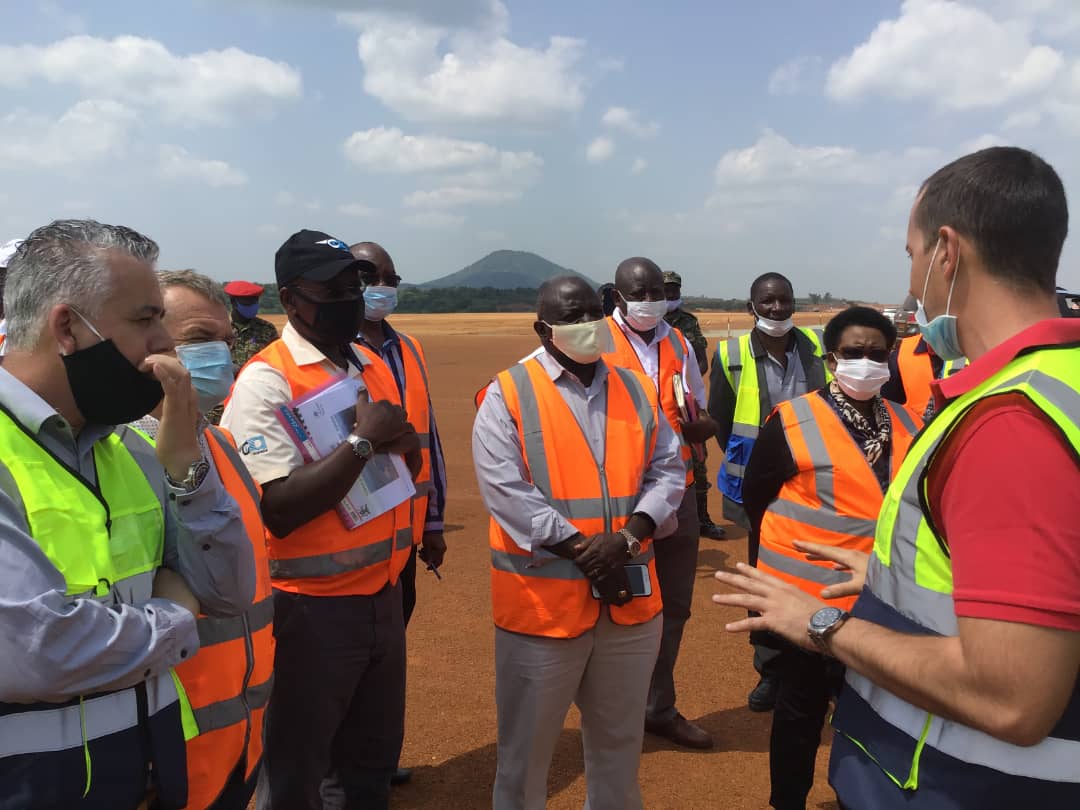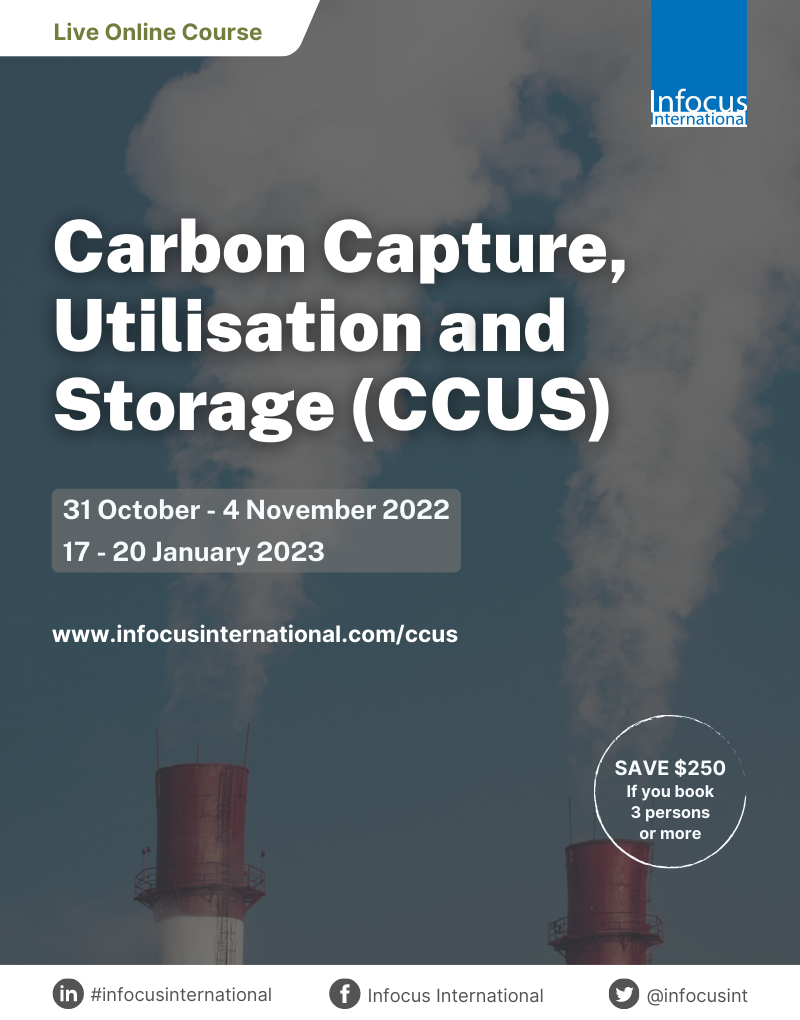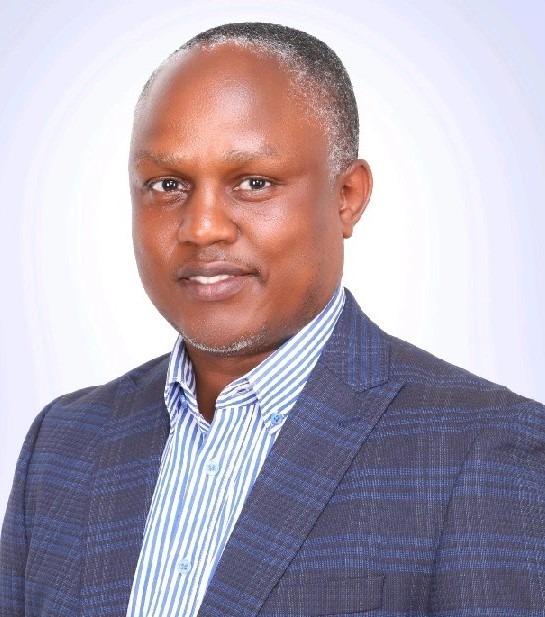The Managing Director of the International Monetary Fund (IMF), Christine Lagarde, has endorsed Uganda’s infrastructure strategy saying that good infrastructure is key to sustained growth. However she warned that excessive borrowing for infrastructure development could tail-spin the good intentions of growth as unsustainable debt could set in. She also warned that borrowing needs to be carefully vetted, and borrowings well governed and executed.
“The government’s strategy to scale up infrastructure investment is well conceived. It is intended to lift growth while maintaining debt at a sustainable level,” she said, Friday January 27th , while addressing hundreds of politicians, business leaders, academics, civil society, media, students in a public lecture organized by Uganda’s Ministry of Finance, Planning & Economic Development, at the Serena Hotel in Kampala..
“Under-developed infrastructure is a permanent brake on growth. It prevents businesses from connecting to local, regional, and global markets, and limits their willingness to invest. Ultimately, infrastructure bottlenecks will slow the structural transformation and industrialization that Uganda aspires to, “she said.
Since 2010, the Government of Uganda has spearheaded an infrastructure development agenda under which the country is investing heavily in electricity power dams, roads, the railway, ICT infrastructure, and now plans are underway to revive Uganda Airlines- all of which costing billions of dollars.
President Yoweri Museveni has severally argued that once the country has the right infrastructure in place, it sets itself up for take off as productivity goes up, national, regional and international markets become accessible, the country becomes attractive to investment, all of which will pump up the per capita incomes of the population resulting into socio-economic transformation.
Lagarde however warned that, “…to achieve these goals means that investment (in infrastructure) must be efficient. That calls for strong institutions to keep mismanagement in check and ensure maximum value for money… The World Bank has estimated that, if Uganda’s investments were better managed, annual growth could be 2.5 percentage points higher.”
She also said that relying solely on borrowing to finance infrastructure is “unworkable because debt would become too high.”
The former French politician said, “If oil is to contribute positively to Uganda’s future, then it is essential to avoid the “curse” that has plagued many other oil exporters. A strong transparency and accountability framework will go a long way toward ensuring that the new oilfields serve the national good and benefit all Ugandans.”













